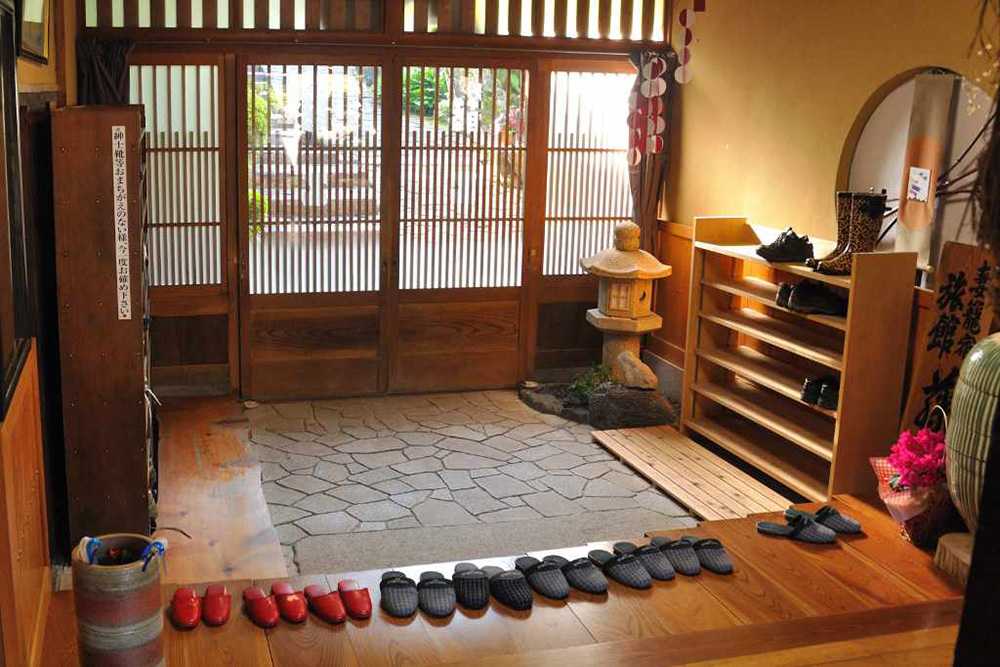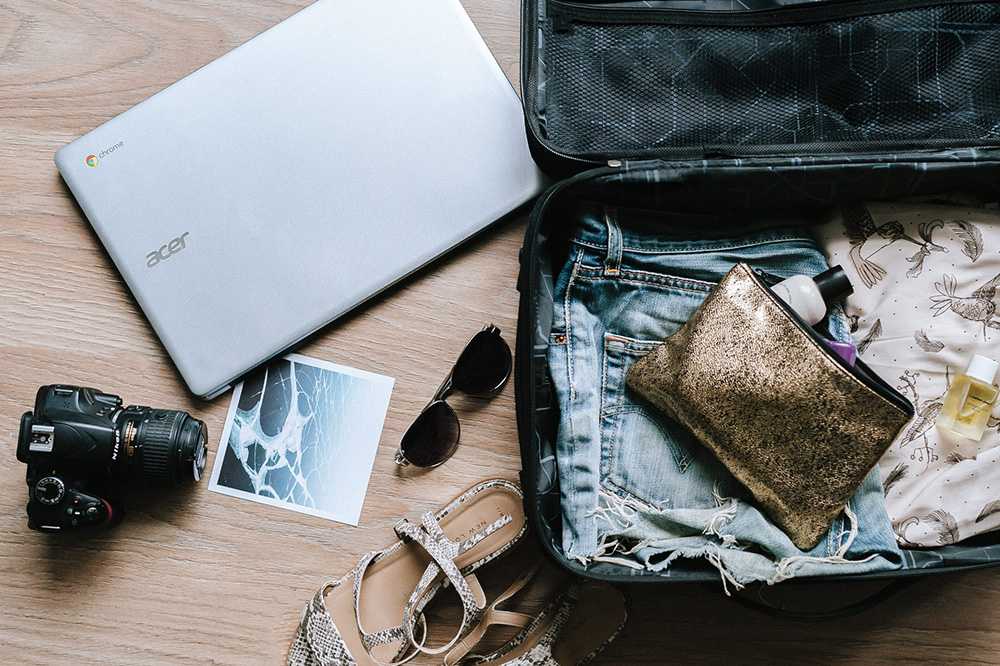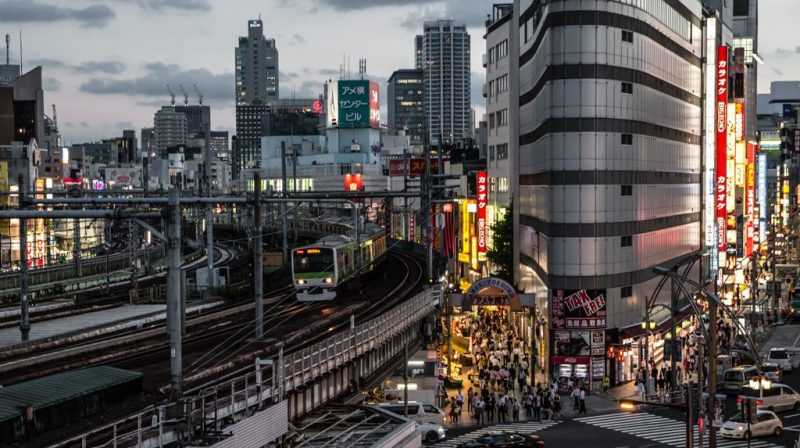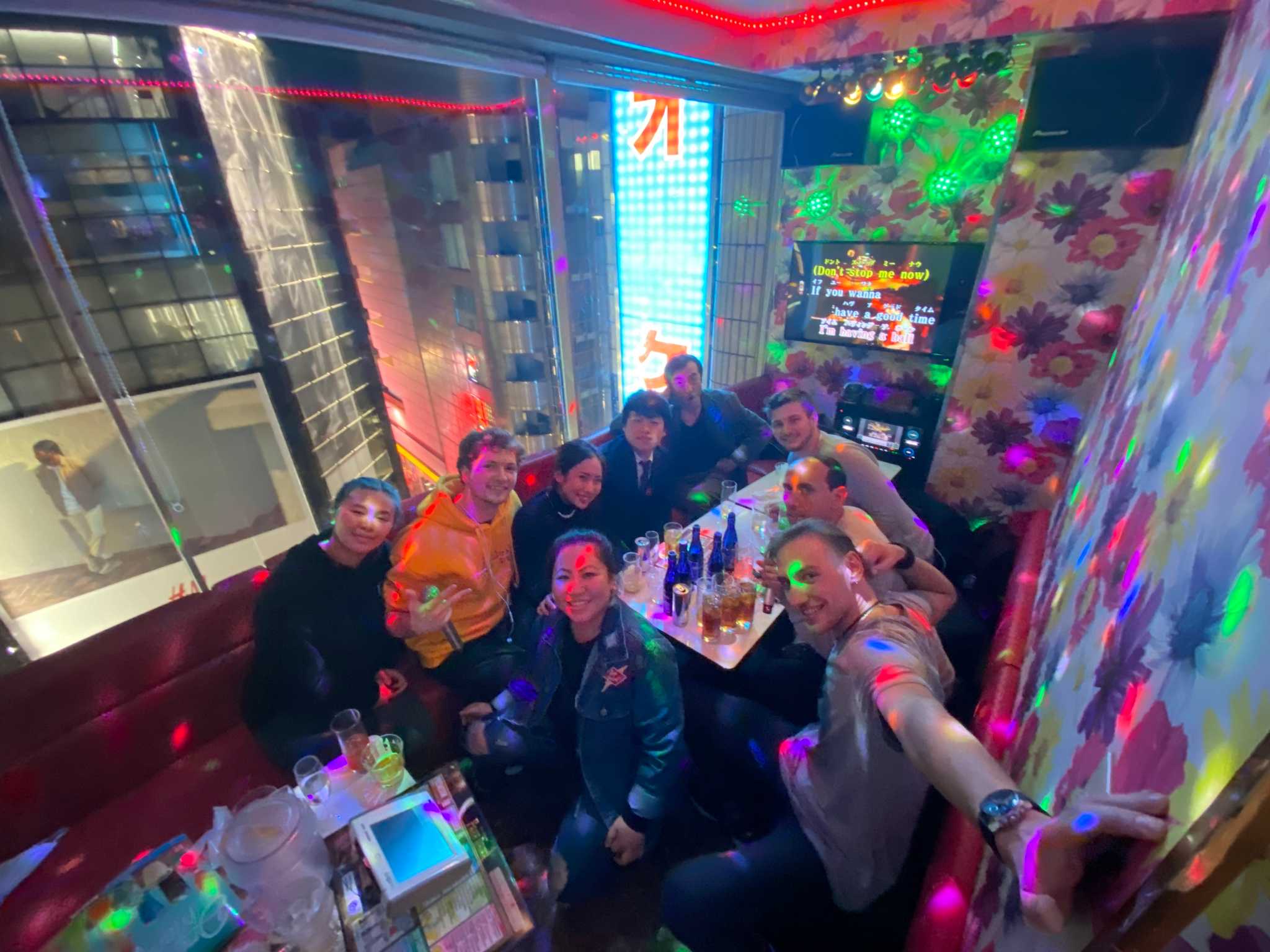10 Things You Should Know Before Your Solo Travel to Japan
10 Things You Should Know Before Your Solo Travel to Japan
Planning your trip to Japan and want to know what you should do before your trip as a solo traveller? I first came to Japan back in 2014 and, after several more adventures there, I’ve now found myself living in Tokyo. Over the years, I’ve made a whole bunch of mistakes as a solo traveller so you don’t have to. Here’s a list of my top points:
1. Learn basic phrases
- You’re likely to find more English-speakers, signs and menus in big cities like Tokyo, Osaka and Kyoto compared to less-touristy places. Still, English isn’t one of Japan’s strongest points, which can be stressful when you’re alone.
- Learning a few essential basic phrases beforehand (and not sweating it when you can’t understand everything) can be really helpful. People will generally be happy to help you out regardless of their English (or your Japanese) ability!
- The Lonely Planet has a great book of essential Japanese for travel. Its compact size is perfect for your bag. Plus, it’s a good way to pass time while you’re on the plane or shinkansen and don’t have a travel buddy to chat to.

2. Be aware of basic customs
Most people don’t expect foreign travellers to know Japanese customs, so don’t worry too much. That being said, you might feel a tad self conscious if you’re in a situation where you’re: a) the only foreigner, b) alone and c) you’re not sure how you should be doing something. Some main points to help you blend in and feel more at ease:
- Take your shoes off at places like ryokan, hostels, some izakaya and at changing rooms. Point them facing outwards towards the door and wear any slippers provided.
- If you have tattoos, you’ll probably be requested to cover them before using onsen or sento (public bathhouse) or you might be denied entry entirely. Pack plasters or bands in your luggage that are large enough to completely cover your tattoos, just in case.
- Don’t tip. It could actually be interpreted as rude.
- Be mindful of others on trains and buses. Quiet conversation is ok, but don’t make phone calls or play loud music. Eating or drinking is fine on the shinkansen and coaches, but generally not appreciated on city metro systems and buses.
- More advice here.

Source: Unsplash
3. Consider the size of your luggage
- You’ll likely be doing a lot of walking, and as a solo traveller there’ll be no one else to help carry the load. If you can fit your stuff in a smaller case, or bring a little day bag, your travels will be a lot easier and your back will thank you.
- Public transport doesn’t have much space for large suitcases, so avoid crowded rush hour trains if you’ve got big bags.
- Coin lockers are super convenient and available at most stations (you can pay via Suica or equivalent). However, they might be full and they don’t accommodate huge suitcases, so smaller is always better.

Source: Jrailpass.com
4. Japan is generally safe, but still be careful
- As with anywhere, use your common sense and stay aware, especially as you’ll be alone. Japan is a safe place, but this doesn’t mean crime doesn’t happen.
- Trains stop around midnight (earlier in more rural areas), so make sure you can get back to your accommodation safely. You can always take a taxi, but if you’re travelling alone it could be expensive as you can’t split the bill with others.
- Keep important info, like your accommodation’s address and emergency numbers, on some paper in your bag or pocket, just in case your phone battery dies or you lose it.
5. Plan ahead
- As I said, English isn’t Japan’s strongest point, so give places a quick Google beforehand to work out what buses or trains to take, how to buy tickets etc.
- Planning just a little in this way will save you a lot of time and stress, especially when you’ll be alone without a traveller friend to help you navigate the journey and fumble through reading kanji.
6. Consider if you really need to buy the JR pass
- If you’re travelling a lot by shinkansen, then the JR pass is an excellent deal to buy beforehand.
- However, if you’re only staying in one city, it’s really not cost-effective. Instead, buy a travel card when you land at the airport (which is a Suica or Pasmo card if you’re in Tokyo). This lets you take the train or bus and buy things at combinis, vending machines and even some restaurants.

7. Download useful apps
- Japan Travel by NAVITIME, Japan Official Travel App and Google Translate are essentials for any visitor in Japan.
- Travelling alone is fun but you might want to hang out with others for things like karaoke, drinking parties or theme parks like Disneyland. Some good apps for connecting with other travellers are TRAVELR and Meetup.
- For restaurant recommendations, check Gurunavi.

8. Book rooms in hostels to make friend
- If you want to meet other travellers, then research hostels with social areas like bars, lounges or event spaces, or ones that offer day-trips or group activities.
- UNPLAN Shinjuku, Wise Owl Hostels Shibuya, and Nui Hostel & Bar Lounge are places I’d recommend in Tokyo.
- Some people are skeptical about hostels and prefer the safety and privacy of a hotel, especially female solo travellers. However, Japan is famous for its hospitality (omotenashi) and hostels here are generally clean, friendly and safe. Just check reviews before you book.
- If you’re still not convinced, TRUNK Hotel has all the luxury of a hotel stay, but is designed with community and meeting new people in mind. The modern lounge is a free space that converts into a bar with DJ music in the evenings.
9. Bring a portable charger
- If you’re travelling alone, you’ll likely be using your phone more for safety, navigating and catching up with friends online.
- Though cafes like Starbucks and Tully’s will have charging stations, many places cover their power outlets so you can’t charge up.
- If you don’t have a portable charger, or even that runs out of juice, rent a portable charger from one of ChargeSpot’s machines. Simply download the app to locate a machine nearby. It’s a super cheap ¥150 per hour, and an additional ¥150 if you need to keep the battery for up to 48 hours. There’s also a refundable deposit of ¥2,280. More info here.
10. Make sure your card is ok to use in Japan (and bring cash anyway)
- My card was denied in Japan once because my bank thought it was suspicious activity and locked the account. Luckily, I’d made some friends and could borrow money, but you don’t want this to happen if you’re alone!
- Tell your bank the dates you’re going to Japan and check your card will work there. VISA and Mastercard are OK.
- Convert some cash into Japanese yen before you arrive so you’ve got a back-up, and because card isn’t accepted everywhere in Japan.
All set to explore Japan solo now? Check out our Tokyo walking courses for some inspiration and have fun!
- 4 Hours in Harajuku: 10 Popular Spots to Visit
- Shimokitazawa: 7 Spots You’ll Want to Check Out
Written by: Jessie Carbutt
Originally from the UK, Jess lives, works and writes in Japan. A lover of exploring and anything creative, she's always discovering new things in her Tokyo home.
Ready to explore Japan?
Download Travelr app, browse all upcoming events and network with other travelers.


